In good news, and after seven long years in development, Australia’s Poultry Standards and Guidelines have been published and they include some welcome (and long overdue) recommendations for improvements to the welfare of hundreds of millions of birds. The Standards are yet to be endorsed by state and territory agriculture Ministers and ideally, will underpin state/territory legislation on the farming of poultry. If endorsed, the Standards will replace the current voluntary Model Code.
Our readers may have seen our recent statements focused on acknowledging the confirmed phase out date for battery cages (which 5 million layer hens are confined to in Australia) but there have also been some important, albeit small wins, for turkeys, ducks, and meat chickens. Here’s a few key take-outs from the Standards and what they could mean for our feathered friends:
Better conditions for turkeys
Smart and curious, turkeys – along with chickens and ducks – are one of the poultry species most commonly farmed in Australia for food. Like chickens, turkeys are curious about the world around them and need different forms of enrichment to keep their minds active. Under the revised Standards and Guidelines, turkeys must now be provided with perches/platforms and objects to peck at, as well as environmental enrichment such as foraging materials and covers for hiding. Improvements to shed lighting regimes have also been advised, which if endorsed could give turkeys proper rest periods in continuous darkness and periods of light to encourage activity.
More water for ducks
There’s a reason for the saying ‘water off a duck’s back’. Did you know that ducks are waterfowl, and have adapted to spend a large amount of their time in water? Under the previous Model Code of Practice, there was little provision for ducks to have access to water on farm other than drinking water. The Standards and Guidelines require breeding ducks by 2032 to have access to water to allow natural behaviours like preening, head dipping and dabbling. Having access to water to perform these behaviours is very important for ducks; they help to keep their feathers clean, keep their feet free from parasites and regulate their body temperature. The RSPCA would like to see all ducks have access to water to express their natural behaviours and we continue to advocate for this.
Legislative improvements for meat chickens
Although the majority of meat chickens in Australia are farmed to the RSPCA’s Standard by Producers who are certified RSPCA Approved, and are required to have perches and environmental enrichment (and much more), the revised Standards and Guidelines now require all meat chickens to have access to quality litter to encourage natural pecking, foraging and scratching behaviors. The Standards also call for minimum light intensity standards and required periods of darkness for activity and rest, as well as ventilation and temperature requirements in barn. The minimum legal space allowance has also been increased to allow for chickens’ growth rate to ensure that as they grow bigger, they still have adequate space to flap their wings and move freely. These new recommended improvements on farm could be a meaningful shift in moving meat chicken farming practices in closer alignment with the RSPCA’s standards, which focus on evidence-based improvements to animal welfare.
But clucky chooks still need your help!
An end to battery cages is in sight, with the national Poultry Standards and Guidelines calling for a phase out of all battery cages across Australia by no later than 2036. An end date for battery cages in Australia is a win for layer hens, and the community, who have been calling for a phase out for the past forty years. However, the choice of a date so far into the future means that millions of layer hens will continue to suffer in barren conditions. Good welfare simply cannot be achieved in a battery cage, and this is no life for a layer hen.
States and territories are yet to endorse and implement the Standards, but we’re urging them to do so as soon as possible. There’s no reason Australia should wait until 2036 to phase out battery cages. States and territories have the power to implement a phase out ahead of schedule. The Australian Capital Territory proactively did so in 2014, as well as many retailers and brands having committed to transitioning away from using cage eggs by 2025. Check our Cage Free and Proud directory to see if your favourite brand is one of them.
You can also use the power of your dollar to end battery cages sooner by purchasing cage egg alternatives such as barn laid, free range or RSPCA Approved. Similarly, check for the cage-free label on products containing eggs such as cake mix and ready meals; or look for cage- free eggs on your favourite café or restaurant menus, as cage eggs can often be hidden in the ingredients. Increasing the demand for cage-free eggs is a tangible signal to brands that Australians do not support the use of battery cages or companies that source from producers using cages.
Interested in more
Learn more about the RSPCA Approved Farming Scheme here.
Read up on Barn-laid eggs and what are they all about?
Take action and help to say Bye Bye to Battery Cages.

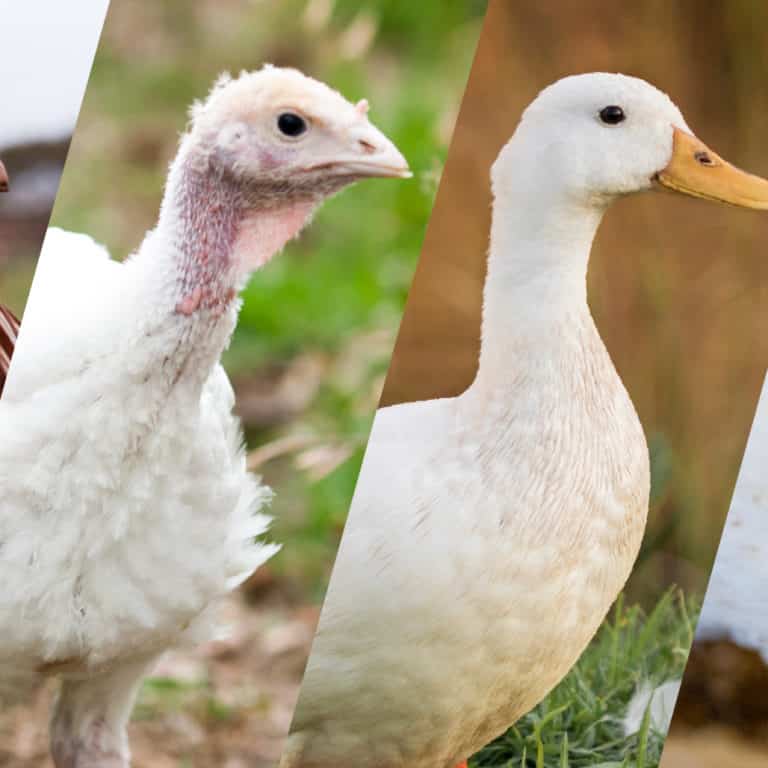
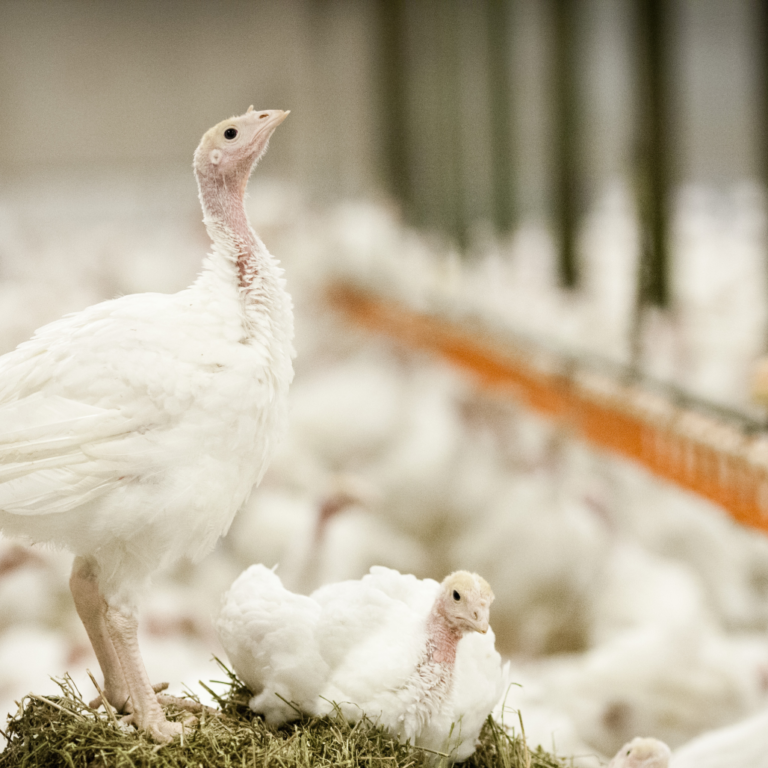
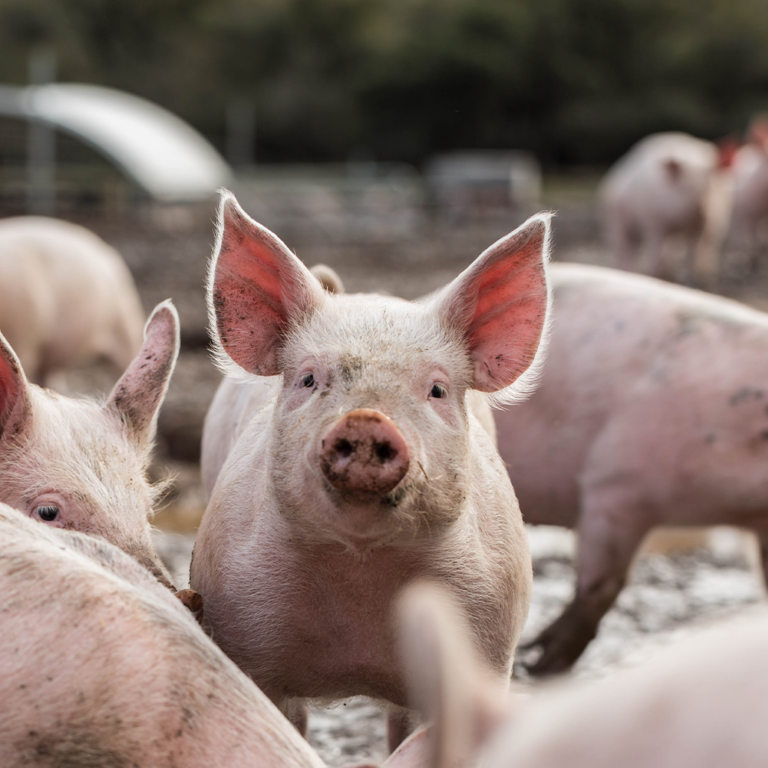
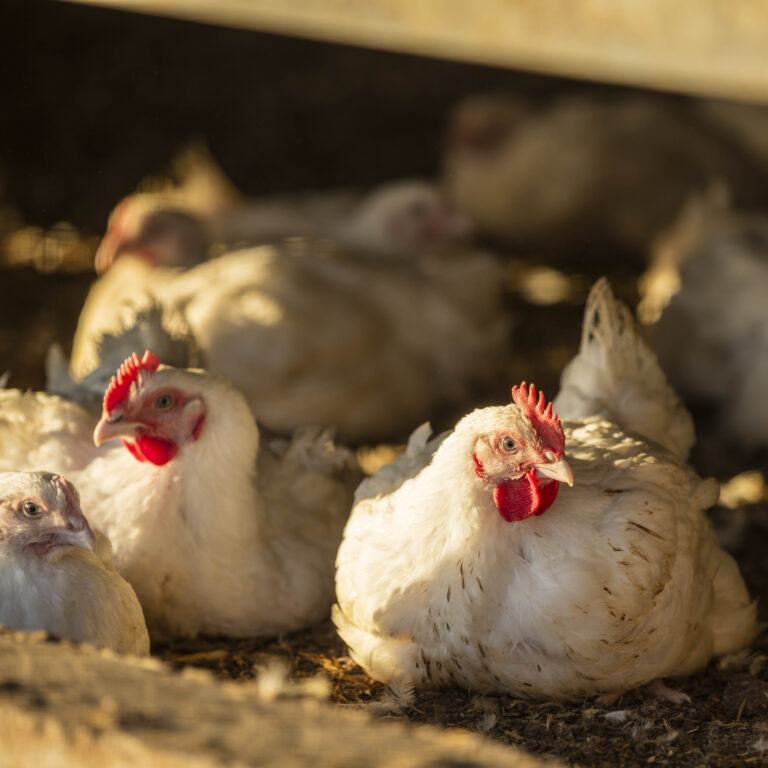
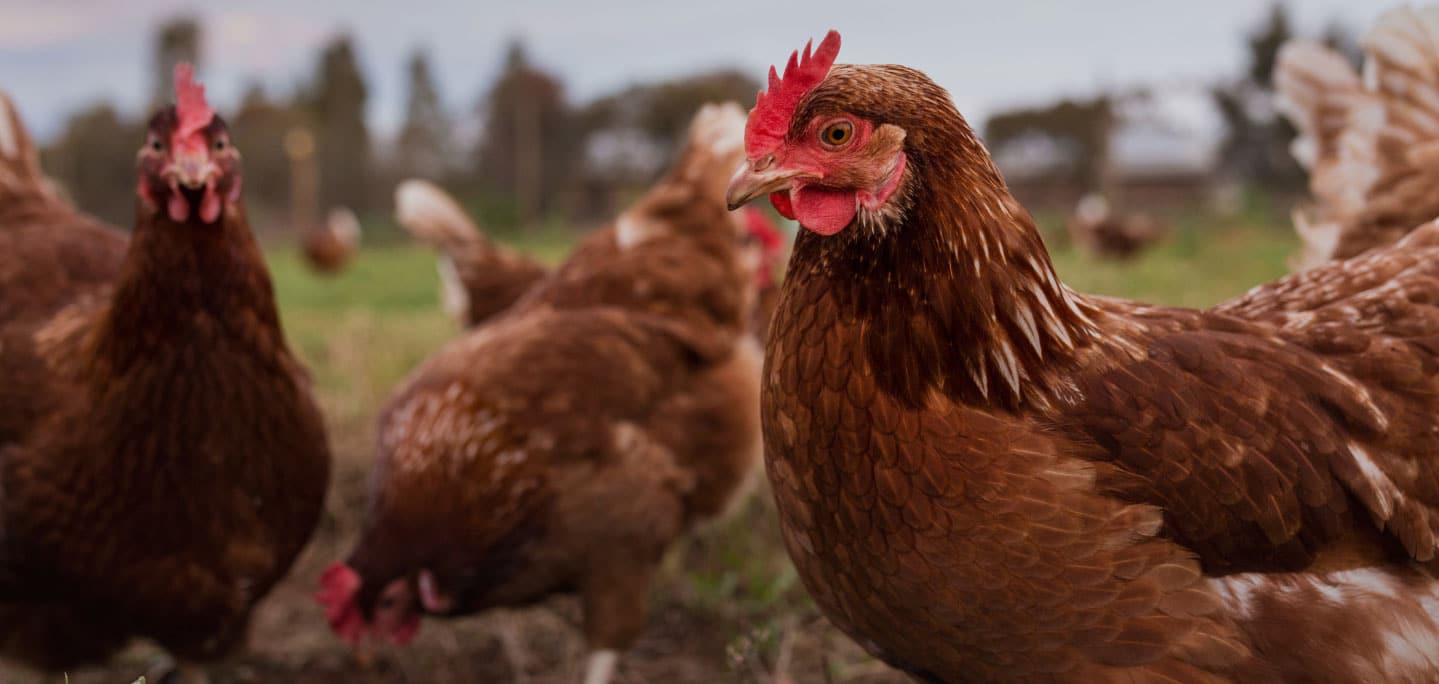

3 Comments
3 responses to “Better welfare in sight for poultry”
Such an informative piece !
Always so interesting & resourced well
Poultry farming is cruel and disgusting.The RSPCA should be fighting strongly——-I don’t like your softly softly approach.The time frames you seem to be smiling about are proof that welfare and kindness are not part of industry’s modus operandi and they don’t want to change. I am sickened,appalled and repulsed and have been for decades over poultry standards.RSPCA is goodfor rescuing companion animals,nothing much else. You should be banging on to government that is complicit in massive suffering of innocent birds.
Hi Simone,
Thank you for your care and concern, we share your frustration on the long time-frames. They are much longer than any of us wanted, and much longer than they need to be. While we are pleased about many of the outcomes, such as an end date to battery cages and increased access to water sources for ducks, we will do what we can to ensure state and territory governments implement these changes as soon as possible.
We recognise we have a long way to go for farm animal welfare in Australia. The main reason the RSPCA Approved Farming Scheme was created was to improve welfare conditions on farm in the absence of better legal requirements.
In addition to this, I can assure you that we will continue to advocate for further improvements for farmed animals by engaging with government, stakeholders and producers who prioritise farm animal welfare.
Thank you for your commitment to animal welfare Simone.